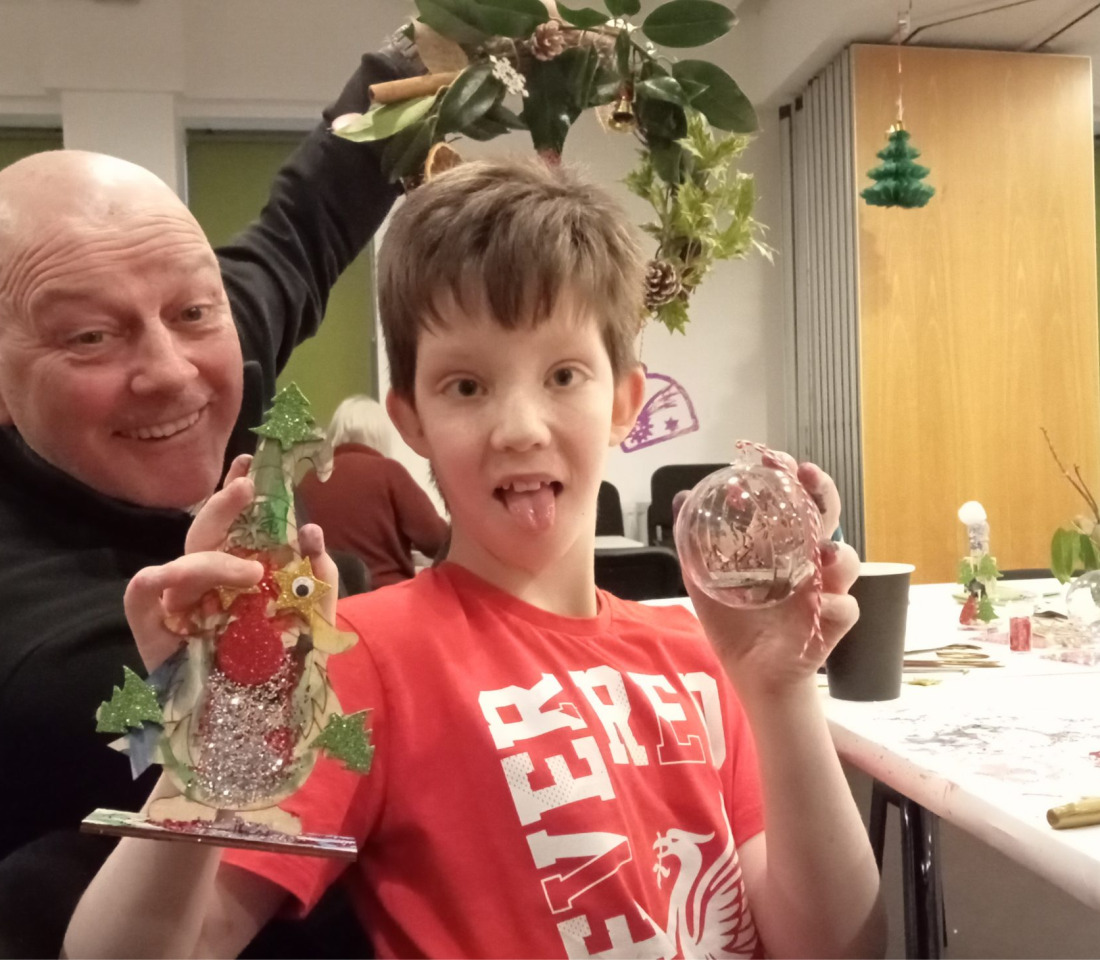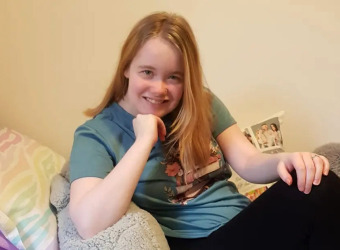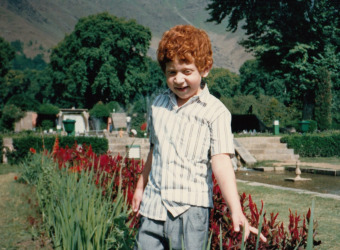
How to regain and improve swallowing
Find out what causes swallowing difficulties - also known as dysphagia - and learn practical tips to improve swallowing
Many of The Brain Charity’s clients report difficulties with swallowing, eating and drinking – also known as dysphagia – due to their neurological condition.
In this guest blog, Krystina Crolla-Barker (Consultant Speech and Language Therapist) and Amy Tighe (Speech and Language Therapy Assistant) from More than Speech Therapy share their expertise on how to regain and improve swallowing.
What is dysphagia?
Problems with swallowing look different for everyone. They can be caused by a variety of conditions affecting the brain, including Parkinson’s, dementia, stroke, brain injury, brain aneurysm, cerebral palsy and Motor Neurone Disease (MND).
For some people these difficulties may improve, but for others they get worse over time. It is estimated that approximately 50-75% of care home residents have difficulties with their swallowing.
What causes swallowing difficulties?
Difficulties with eating, drinking, and swallowing can happen due to:
- Your muscles not coordinating and moving at the right time
- Your muscles not getting the right signals from your brain or your mouth
- Being distracted and not concentrating on swallowing
- Becoming more tired, which makes it difficult to swallow
- The side effects of medications impacting on your ability to swallow
Signs of difficulty when eating, drinking or swallowing
If someone is struggling with swallowing during eating or drinking, signs include:
- Coughing or choking
- Turning red or blue in the face
- Eye watering
- Gurgly voice quality
- Feeling tired during or after a meal
- Not being able to chew food properly
- Being short of breath
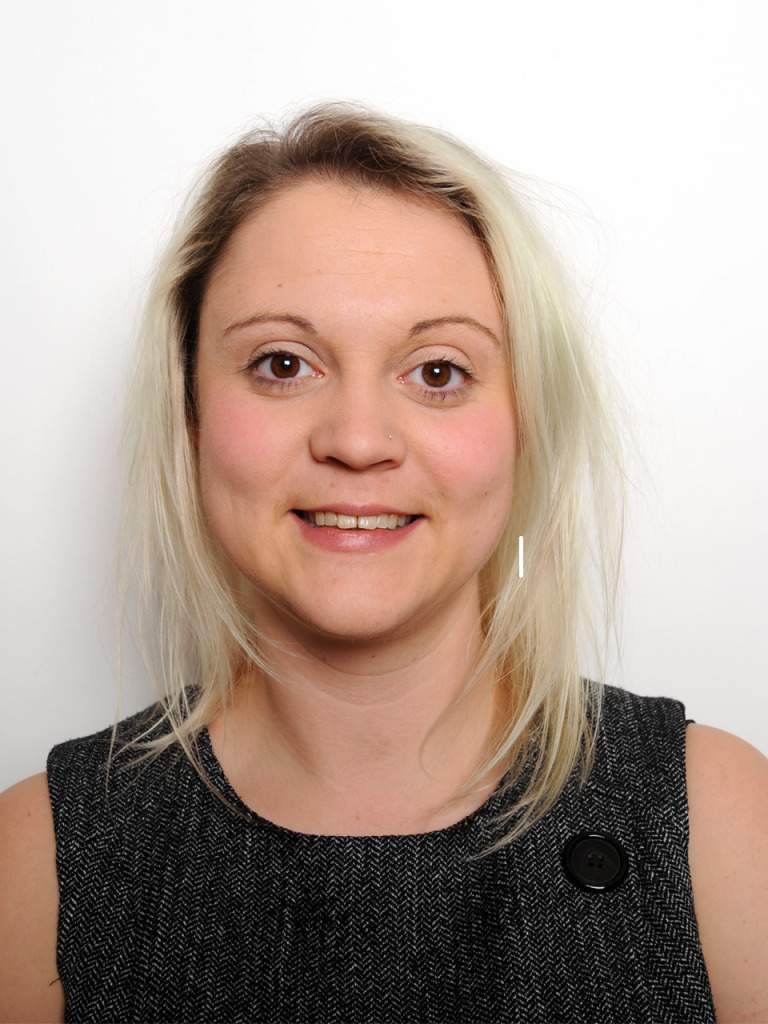
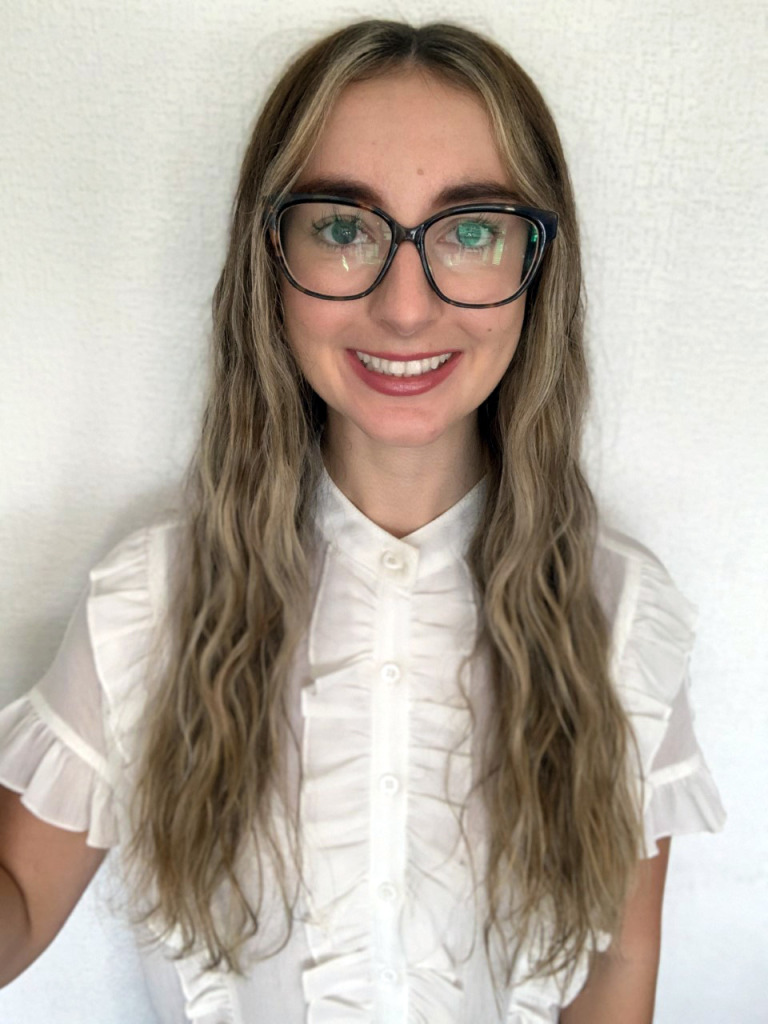
Over time, people can also experience unexplained weight loss, chest infections and urinary tract infections.
Struggling with swallowing can also cause aspiration, where food goes down the wrong way into the lungs. Aspiration can cause serious health problems such as pneumonia, breathing difficulties, malnutrition and dehydration.
Improving and regaining swallowing
If you are looking to regain swallowing after a condition such as a brain aneurysm, or for swallowing rehab after a stroke, here are some things which might help.
These tips are also suitable for someone struggling with swallowing due to dementia and other neurological conditions.
Try eating and drinking only when you are sitting up straight in a chair with arms, with your feet touching the floor and ideally at a table which is a good height for you.
Some foods are more difficult to chew and swallow, you might find it easier to avoid these. Examples of these foods include:
- Crunchy foods such as crisps
- Crumbly and dry foods such as biscuits
- Tough foods such as pork chops
- Foods with skins on them such as chicken, beans
- Hard-boiled sweets
- Stodgy foods such as bread and cakes
- Nuts
You might find it easier to cut foods up into pieces as small as a 20p coin, and add sauces to moisten them. You can also have a drink with your food, regular sips will help you swallow.
Don’t rush, take your time when eating. This will help you concentrate and make sure you chew everything properly.
It may also be helpful to eat smaller amounts more regularly, rather than three big meals per day.
If you struggle swallowing medications such as capsules or tablets, ask your GP or pharmacist to look at other options – such as liquid medications.
After eating, clean your mouth, brush your teeth and gums and make sure there isn’t any food left in your mouth.
What to do if you need more help with swallowing
If you feel you or a loved one needs more support, seek a referral to your local Speech and Language Therapy service.
They can provide an assessment of your eating, drinking and swallowing difficulties with individualised recommendations.
If you have any further questions, please contact info@morethanspeechtherapy.co.uk.
The Brain Charity’s Music Makes Us! project provides free speech and language therapy through singing for people living with dementia in care homes across Merseyside, and globally via an online video programme. Click here to find out more about Music Makes Us!
Categories: Advice, Guest blogs
Published: 2 November 2022


